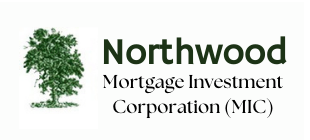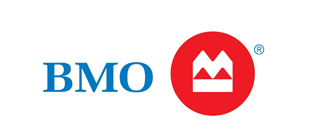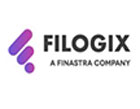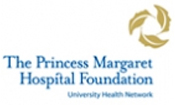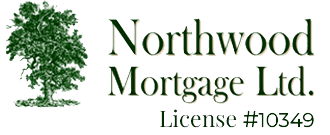Are you wondering if this is the best time to refinance your home? Regarding mortgage refinancing in Ontario, there are many factors to consider, like interest rates and what type of mortgage you are best suited for.
It is sensible to make an informed decision, as it will impact your overall financial success. In this article, we will thus outline the top reasons to refinance your home.
What is refinancing a mortgage?
Mortgage refinances happen when a new mortgage is established to replace an existing one. Refinancing can have beneficial implications for debt reduction, but always involves a request for more funding. Since mortgages are complex, with several costs and variables involved in refinancing, it can be challenging to ascertain whether they are a benefit.
The best time to initiate a mortgage refinance is at the end of your current term. If you do this, you will not be subject to prepayment penalties. You will experience the freedom to choose the type of mortgage and term moving forward.
However, you must decide how much money needs to be added within the bank’s guidelines and negotiate interest rates. Set-up fees will be included, so you must qualify for a bigger mortgage. The process, though, is straightforward overall.
Things to Consider About Mortgage Refinancing in Ontario
To qualify, your house must have significant equity. Homeowners cannot borrow over 80% of their home’s value between an original mortgage and the new funds to be added. Refinancing is not viable for those who recently purchased a home unless there is a sizable down payment.
-
Consider interest rate differential charges
If you are amid a fixed term when needing to refinance, you may experience a prepayment penalty (IRD). IRDs are a complex formula representing the lender costs of breaking a mortgage in the midst of a contract. Current rates and the remaining amount of an existing mortgage will determine the IRD, which can range into the thousands of dollars.
-
Three-month interest charges
Instead of the bank charging you an IRD, you may experience a three-month interest penalty for refinancing in the middle of a term. Adjustable mortgage rates default to three-month charges. Fixed terms will cost the higher of the two when you compare an IRD to three-month charges.
-
Closing costs
When you refinance, you will have to cover closing costs. These may include a new home appraisal and legal fees at the lender’s request. Homeowners incur these costs because they are establishing a new mortgage, and the lender has to update their current mortgage registration.
This process occurs through a lawyer and may involve in-house title insurance. You can anticipate spending between $500-$800 for a set-up feed and about $300 for appraisals.
Are you considering mortgage refinancing in Ontario?
If your answer is yes, then contact our team at Northwood Mortgage. We will discuss your best options for mortgage refinancing in Ontario, and assist you in meeting your financial goals.
Whether your reasons are debt consolidation, taking advantage of decreasing interest rates, or home improvements, we can help.
Book your appointment with Northwood Mortgage today by calling us at 888-495-4825 or 416-969-8130. You can also contact us online here.







